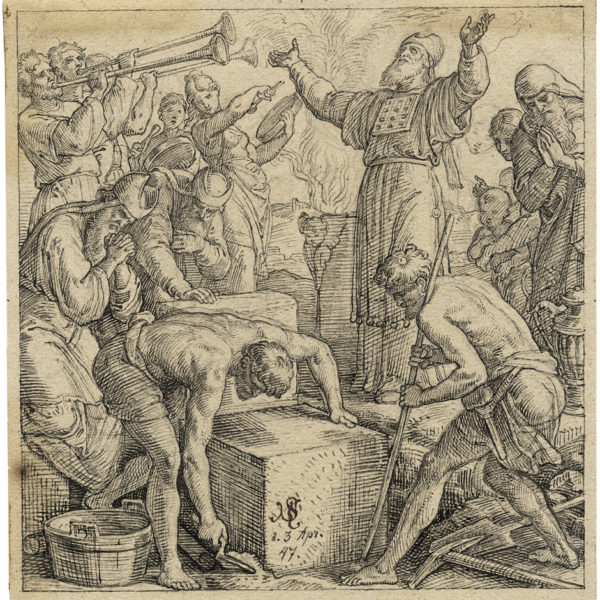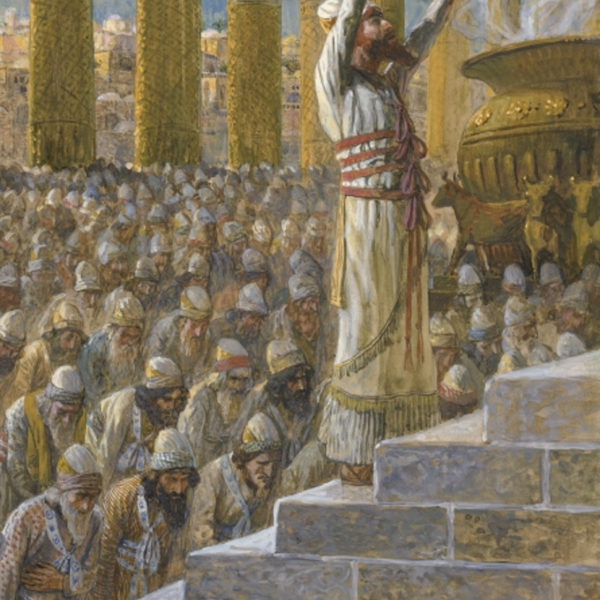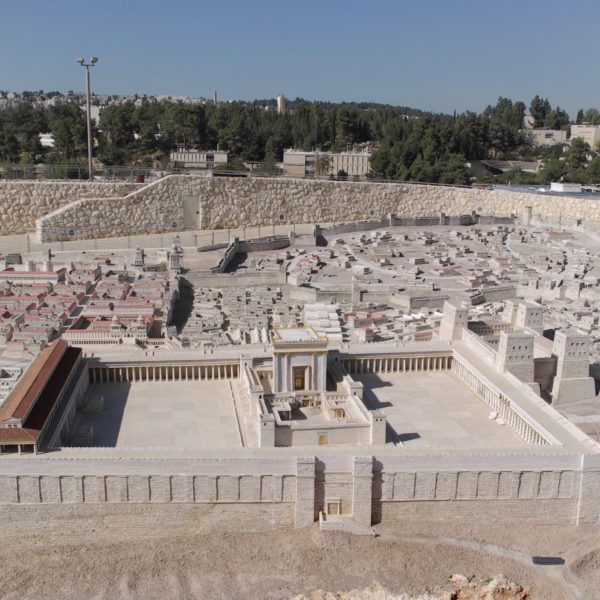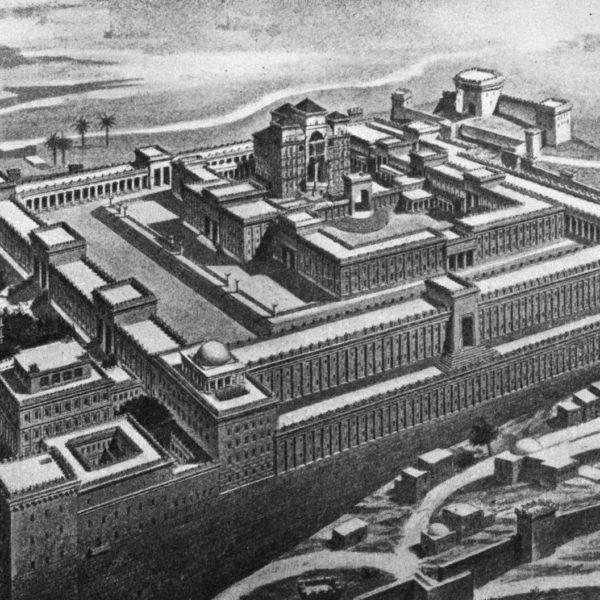
In a world of increasing anti-Jewish sentiments, we do well to note at whom Jesus points a finger. It’s not at Judaism, it’s at Rome.

The Sabarimala judgment of the Indian Supreme Court has been widely celebrated in liberal-progressive circles for its inclusionary gesture of upholding the right of women to enter Hindu temples as public places of religious worship. But to make sex political, what we need is the discovery of a new language of sovereignty that defies and exceeds the identitarian logic of inclusion and exclusion

Christian political witness must be built around and declare Christ as the great eschatological stone laid by God. He must either be approached as the stubborn obstacle, arresting the development of all idolatrous political visions, or as the chief cornerstone, the sure and solid basis from all else can take its bearings.

According to 1 Kings 8, prayer is what Israel is supposed to do in times of helpless hopelessness. The temple is where they turn when there is nowhere to turn. Israel as a whole was invited to appeal to the High King for help in times of trial, and the text leads us to wonder if every polity directs its hopes toward a temple.


